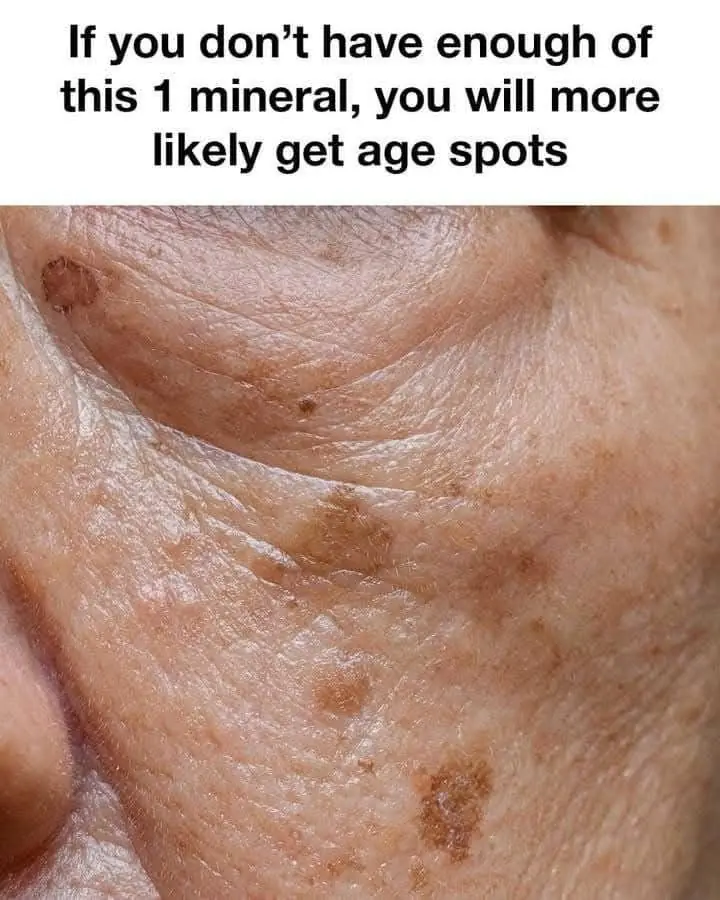
Doctors identify the blood type most at risk for developing stomach cancer
In recent years, significant advancements in medical research have shed light on the various factors that contribute to the development of stomach cancer. While lifestyle choices, diet, and genetic factors have long been known to play a role, a recent study has identified an interesting and potentially crucial factor: blood type. According to the findings, certain blood types may be more predisposed to developing stomach cancer than others. This revelation could have far-reaching implications for both early detection and prevention strategies, particularly for individuals at higher risk.
Stomach cancer, also known as gastric cancer, is a disease in which malignant cells form in the lining of the stomach. It is one of the most common and deadly types of cancer worldwide, particularly in regions such as East Asia and Eastern Europe. The symptoms of stomach cancer often go unnoticed in its early stages, making it difficult to diagnose until it reaches more advanced and potentially life-threatening stages. Understanding the risk factors associated with stomach cancer is, therefore, crucial for improving prevention efforts and survival rates.
The study that uncovered the link between blood type and stomach cancer risk was conducted by a team of researchers who analyzed data from thousands of patients. They found that individuals with blood type A were significantly more likely to develop stomach cancer compared to those with other blood types, such as blood type O, B, and AB. This new finding has drawn considerable attention from the medical community and may prompt a re-evaluation of current screening guidelines.
Blood type is determined by the presence or absence of specific antigens on the surface of red blood cells. The researchers believe that the increased risk of stomach cancer in individuals with blood type A may be related to the way the body responds to infections, particularly those caused by the bacterium Helicobacter pylori (H. pylori). This bacterium is known to cause chronic inflammation in the stomach lining, which can eventually lead to cancer. Studies have shown that people with blood type A may be more susceptible to infection by H. pylori due to the way their immune system reacts to the bacteria. This heightened susceptibility could increase their likelihood of developing the chronic gastritis that often precedes stomach cancer.
Another potential reason for the increased risk of stomach cancer in individuals with blood type A is the genetic makeup associated with blood type. Research has suggested that certain genetic factors linked to blood type A could make individuals more prone to the cellular mutations that lead to cancer. Furthermore, people with blood type A may experience more significant inflammatory responses to various environmental factors, such as diet or smoking, which could further increase their risk of developing stomach cancer.
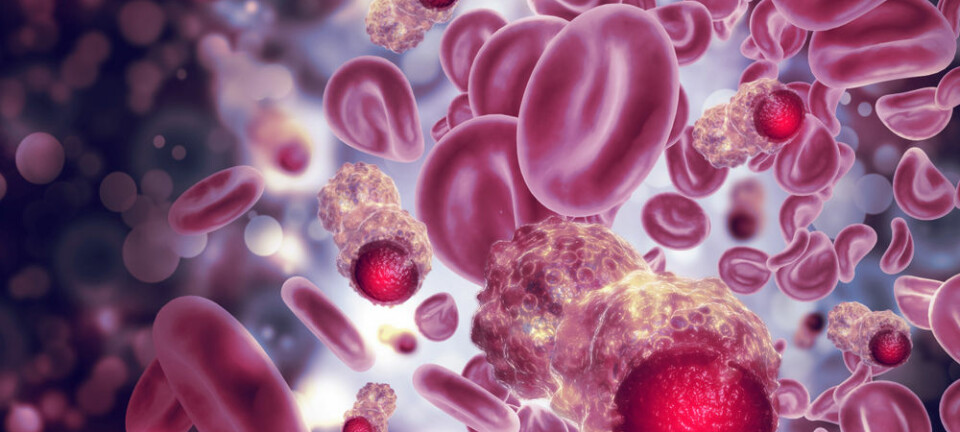
While the link between blood type and stomach cancer risk is still being studied, experts agree that this finding is a valuable addition to the growing body of knowledge about the disease. It provides an important piece of the puzzle in understanding the genetic and environmental factors that contribute to stomach cancer. For individuals with blood type A, the discovery could lead to earlier and more frequent screenings, especially if they have other risk factors such as a family history of stomach cancer, a high-salt diet, or a history of smoking.
However, doctors emphasize that blood type alone is not a definitive predictor of stomach cancer. There are many other factors that contribute to the development of this disease, including lifestyle choices, genetic predisposition, and infections. For example, H. pylori infection is one of the most significant risk factors for stomach cancer, and individuals who are infected with the bacteria may be at greater risk, regardless of their blood type. Additionally, regular screening, a healthy diet, and avoiding smoking and excessive alcohol consumption remain essential for reducing the risk of developing stomach cancer.
In conclusion, the recent identification of blood type A as a risk factor for stomach cancer marks a significant breakthrough in cancer research. While more studies are needed to fully understand the mechanisms behind this association, the discovery may pave the way for personalized prevention strategies and more effective early detection methods. For individuals with blood type A, particularly those with additional risk factors, this finding could serve as an important tool for making informed decisions about health screenings and lifestyle choices. As research continues to evolve, it is hoped that a better understanding of the relationship between blood type and stomach cancer will lead to improved outcomes for those at risk.
News in the same category


Preventing Nighttime Leg Cramps: Causes and Solutions

3 Phrases Narcissists Commonly Use, According to a Psychologist

Man Goes Viral Due to Severe Head Lice Infestation

Discover the Healthiest Fruit on the Planet: What Happens When You Eat Dates

6 Warning Signs That You’re Not Getting Enough Vitamin D

7 Warning Signs of Liver Damage You Shouldn’t Ignore

Chewing Gum Releases Microplastics Into Saliva – Even Natural Gums Are Not Safe, Study Finds

STUDY SHOWS SWITCHING TO PERSONAL CARE PRODUCTS WITHOUT CERTIAN PRESERVATIVES TURNS BREAST CANCER GENES OFF IN 28 DAYS
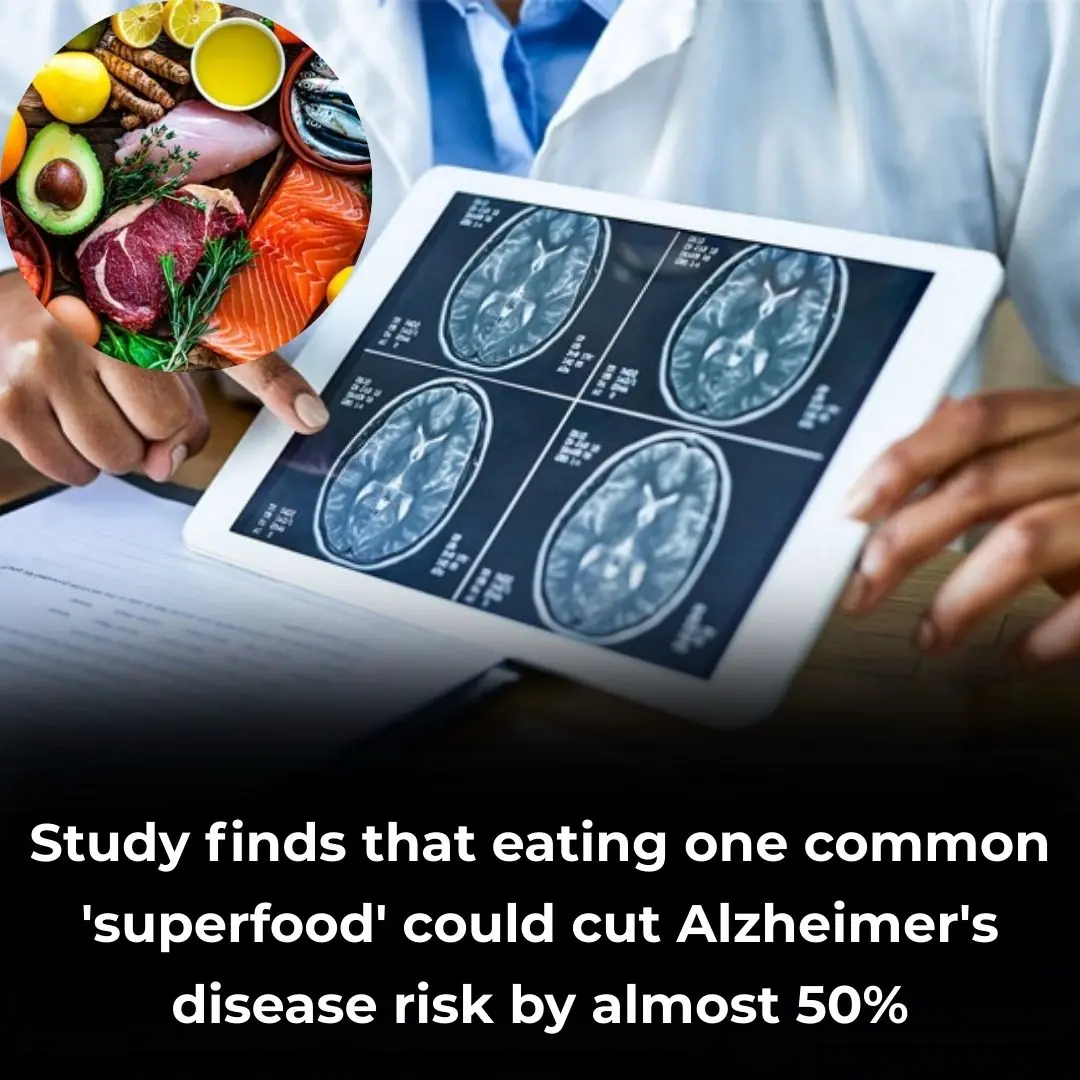
Study finds that eating one common 'superfood' could cut Alzheimer's disease risk by almost 50%
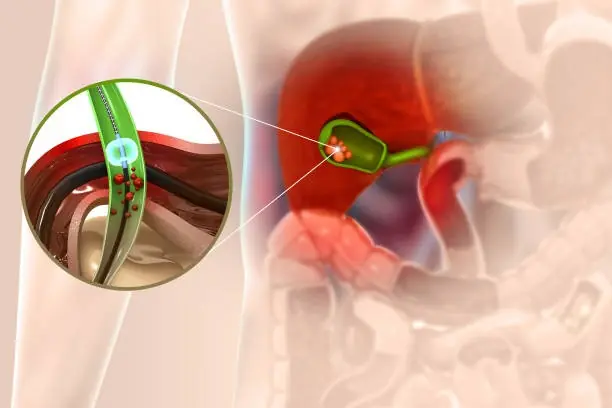
Side Effects and Dietary Recommendations Post Gallbladder Surgery

Signs You May Be Living With High-Functioning Anxiety

How to Know if You Have Fibromyalgia + 8 Natural Approaches to Relieve

Dark eye circles might be a subtle health warning

Could This 3D-Printed ‘Electronic Glove’ Keep Your Heart Beating Forever?

The Amount Of Time You Spend Peeing Could Be A Warning Sign For Bigger Health Issues
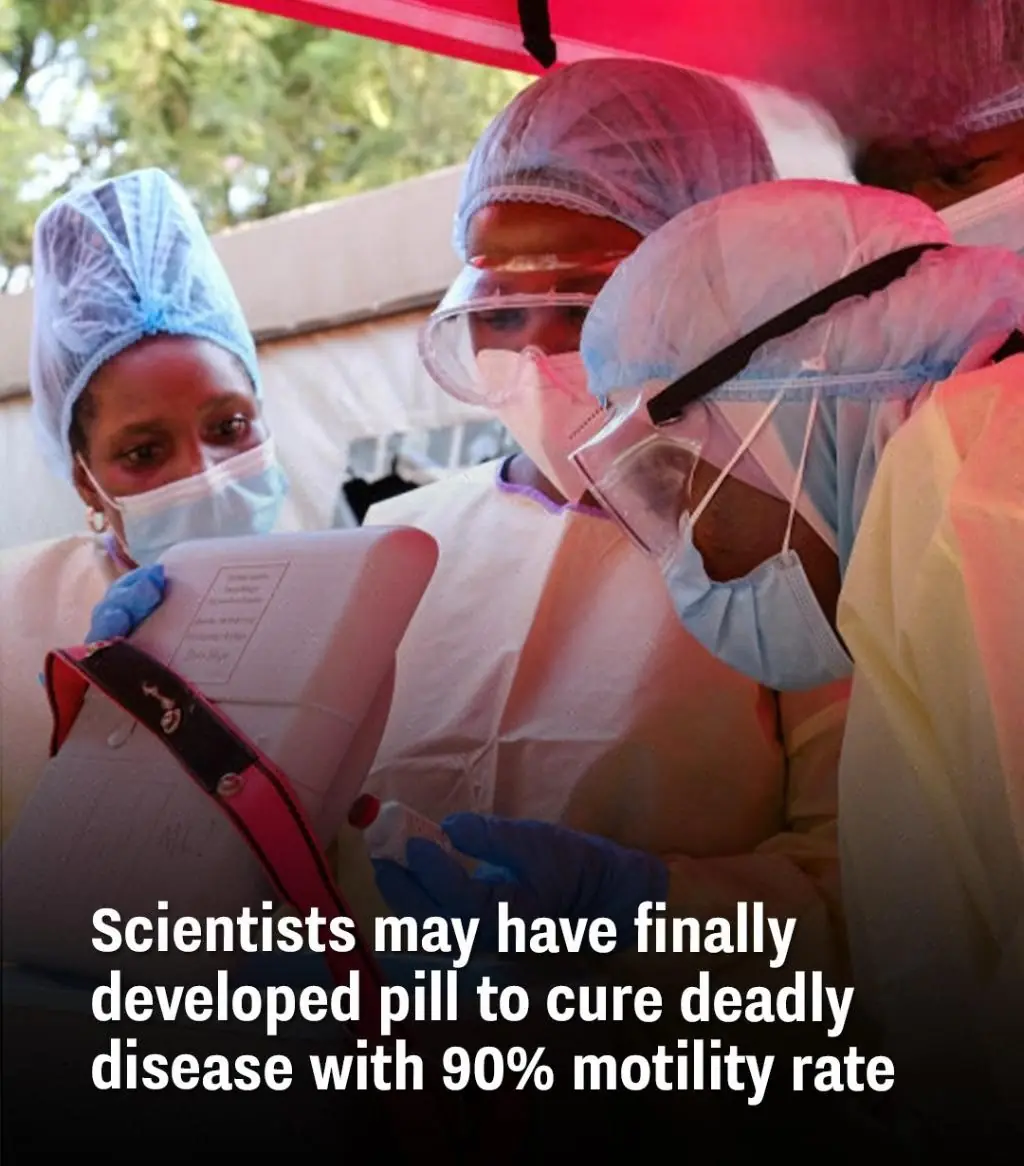
Scientists may have finally developed pill to cure deadly disease with 90% mortality rate

Man Shares His 'Proof' of Life After Death and the Seven 'Stages' of the Afterlife

Dental Expert Reveals the Top Two Brushing Mistakes That Lead to Yellow Teeth

They Hid This From Seniors: It Unclogs Arteries INSTANTLY!
News Post

Age Spots: Causes, Prevention, and Effective Treatments

Preventing Nighttime Leg Cramps: Causes and Solutions

3 Phrases Narcissists Commonly Use, According to a Psychologist

Man Goes Viral Due to Severe Head Lice Infestation

Discover the Healthiest Fruit on the Planet: What Happens When You Eat Dates

6 Warning Signs That You’re Not Getting Enough Vitamin D

Sons Abandon Old Mom in Nursing Care & Sell Her House, New Owner Returns Her Home Keys Later – Story of the Day
Blinded by greed and love for money, an elderly widow's sons kicked her out of her own house, sold it, and sent her to a nursing home. A few days later, the new homeowner returned her home keys with a heartwarming note that made her hug him and cry.

5 Powerful Leaves That Boost Eye Health Naturally

7 Warning Signs of Liver Damage You Shouldn’t Ignore

Chewing Gum Releases Microplastics Into Saliva – Even Natural Gums Are Not Safe, Study Finds

STUDY SHOWS SWITCHING TO PERSONAL CARE PRODUCTS WITHOUT CERTIAN PRESERVATIVES TURNS BREAST CANCER GENES OFF IN 28 DAYS

Study finds that eating one common 'superfood' could cut Alzheimer's disease risk by almost 50%

I Became a Burden to My Father after I Lost the Ability to Walk

I Was Stunned When the Teacher Said All the Kids Talked about How Amazing My Husband Was on Father's Day, I'm a Widow

Side Effects and Dietary Recommendations Post Gallbladder Surgery

I Bought a Vintage Blazer at a Thrift Store for My Mom, But the Note Inside Revealed a Secret She Kept for 40 Years

Signs You May Be Living With High-Functioning Anxiety

How to Know if You Have Fibromyalgia + 8 Natural Approaches to Relieve

Dark eye circles might be a subtle health warning
